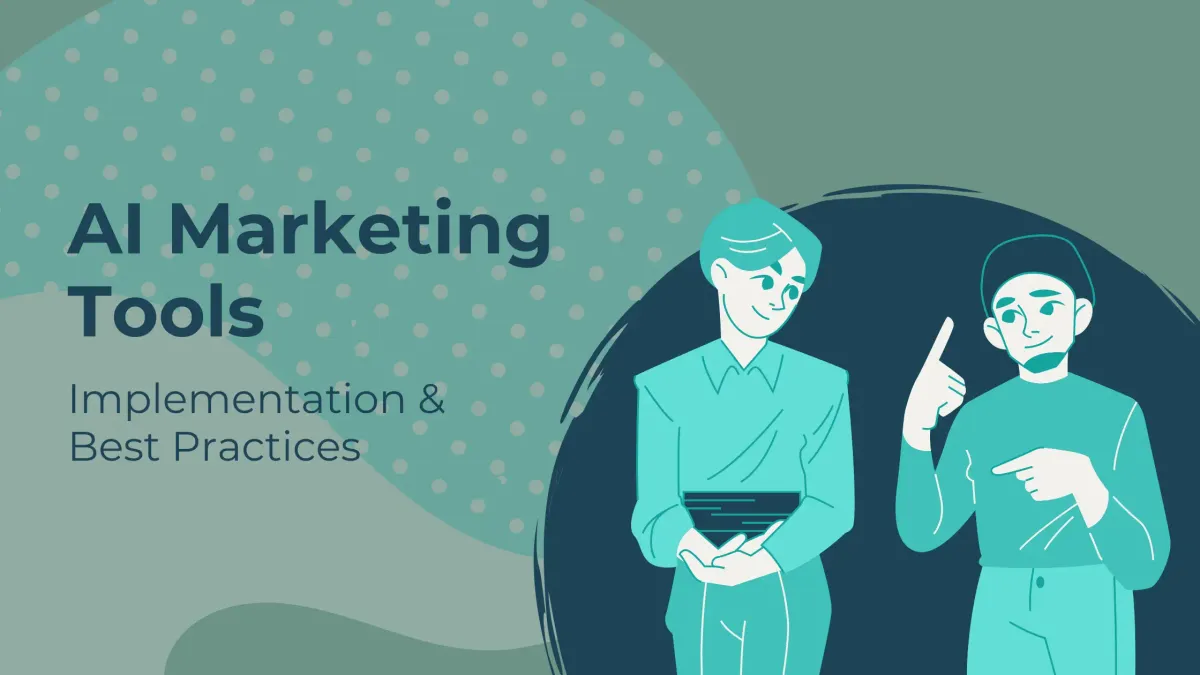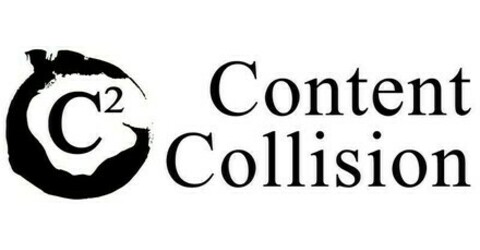The backlash against Coca-Cola’s AI-generated Christmas ad: what went wrong?
Coca-Cola’s AI-generated reboot of its iconic holiday ad drew mixed reviews, with many criticizing its lack of emotion and authenticity.

Coca-Cola’s holiday campaigns have long been a cornerstone of festive cheer. However, this year’s AI-generated reboot of the classic “Holidays Are Coming” ad has sparked significant backlash. The advertisement, crafted with generative AI, aimed to retain the nostalgia of the iconic campaign while showcasing advanced technology. Instead, many viewers found it lacking in emotional depth and authenticity.
Coca cola AI-generated Christmas ad
According to Truescope, while 83% of public sentiment was neutral, 7.9% expressed mixed feelings, citing concerns over Coca-Cola's choice to use AI for such an iconic ad. Critics called the ad “soulless” and “uninspiring,” with some even branding it “cheap.” Only 7.4% of sentiments were positive, praising the ad for its efficiency in saving time and resources.
The backlash reflects growing skepticism about generative AI in creative industries. Concerns include its energy-intensive processes, potential impact on creative jobs, and an inability to replicate the warmth and emotional resonance of human artistry.
Developed by Pereira O’Dell’s AI lab, Silverside, the ad combined proprietary AI tools with traditional creative methods. Despite involving over 40 creatives, rendering 10,000 frames, and collaborating globally, the final product fell short of audience expectations. Critics like Don Anderson, ceo of Kaddadle Consultancy, highlighted that the ad’s synthetic feel undermined the emotional connection Coca-Cola campaigns typically evoke.
Christopher Smith, founder of Rock Paper Scissors, attributed the ad’s failure to a lack of imagination and storytelling. “Christmas and Coca-Cola are steeped in nostalgia,” Smith said. “This ad failed to deliver on those emotional and cultural expectations.”

Implications for marketers
Experts suggest that Coca-Cola’s campaign could have benefited from a more balanced approach, blending AI-generated visuals with real human elements. Prioritizing storytelling over technological showmanship might have resonated more deeply with audiences.
AI consultancy founder Tianyu Xu emphasized a human-centric approach, advocating for AI as a tool to enhance creativity rather than replace it. To avoid backlash and maximize the impact of AI in marketing, Xu recommends the following strategies:
1. Adopt a human-centric design, with AI as an enabler
While AI excels at automating repetitive tasks like creating social media posts or email campaigns, it cannot replace the authenticity and emotional depth provided by human creativity and intuition. Marketers should prioritize a collaborative approach, using AI to enhance human efforts rather than fully automate the process. Combining AI’s efficiency with human insight ensures the content resonates more authentically with audiences.

2. Address cognitive biases by seeking diverse perspectives
To avoid the pitfalls of groupthink, marketers should expand their feedback loops beyond familiar circles. Testing campaigns with diverse target audiences can uncover perspectives that might otherwise be missed. AI’s rapid iteration capabilities can aid in refining campaigns based on real-world feedback, leading to more inclusive and impactful marketing.
3. Be strategic about where and how to use AI
Not every aspect of marketing needs AI’s touch. Instead, marketers should identify specific areas where AI delivers the greatest value, such as creating proofs of concept, minimum viable products, or improving production workflows. Even in AI-driven projects, human oversight remains critical, especially in creative decisions like direction, editing, and acting. This ensures campaigns retain the emotional resonance needed to connect with audiences effectively.
Xu also recommended iterative testing and diverse audience feedback to refine campaigns and better align with consumer expectations.
Generative AI offers remarkable potential, but its role in marketing must be carefully managed. Marketers should focus on enhancing human creativity, rather than relying solely on technology. Authentic storytelling remains central to creating campaigns that resonate emotionally with audiences.
Coca-Cola’s ad serves as a cautionary tale: while AI can streamline production and open new creative possibilities, it cannot replace the human touch that makes advertising truly impactful.
ContentGrow is a managed talent network for brands and publishers to work with high-quality freelance writers and journalists worldwide. Sign up to get started or book a discovery call to learn more.





